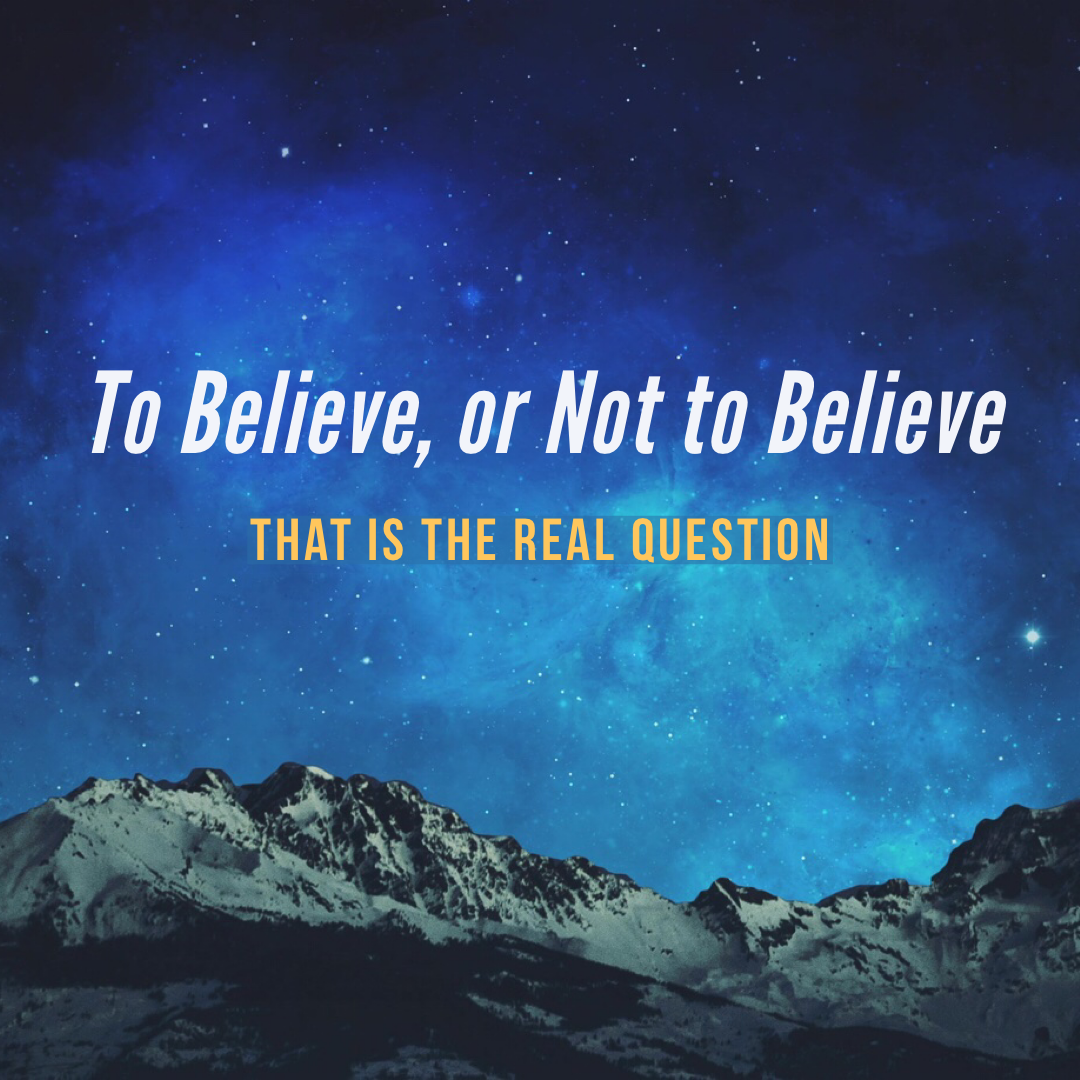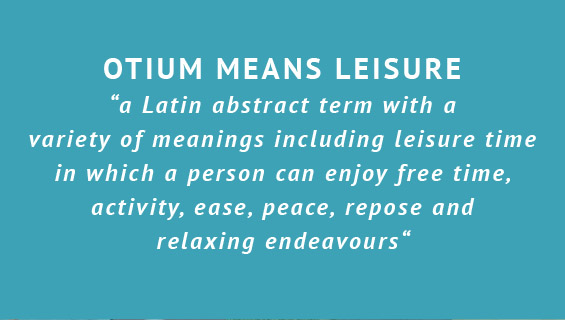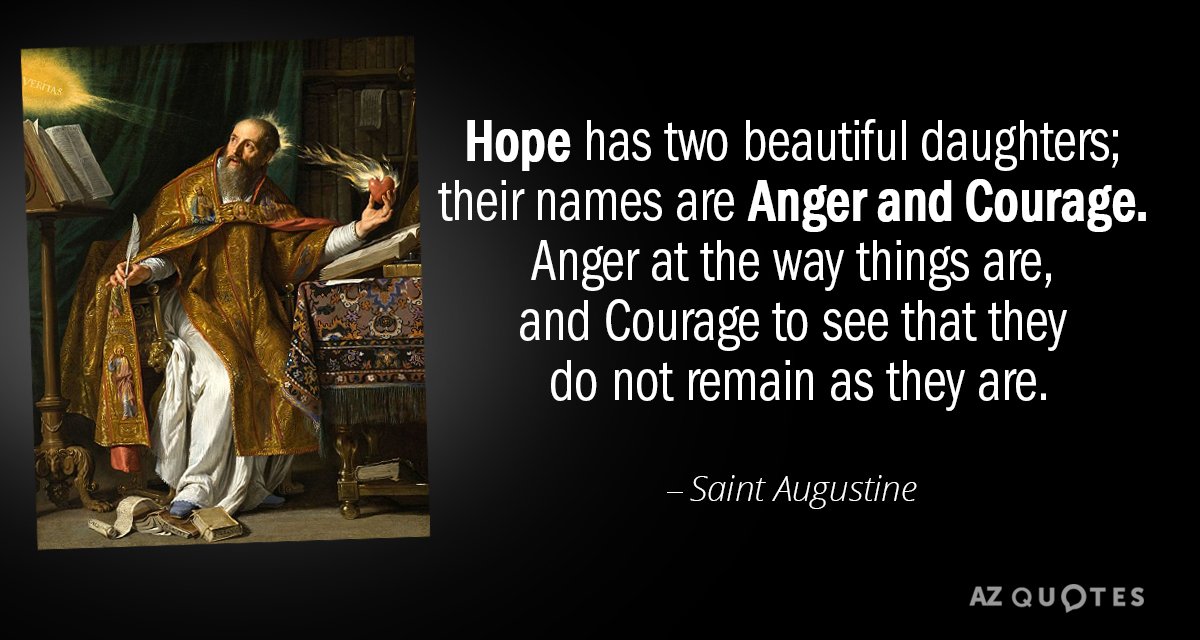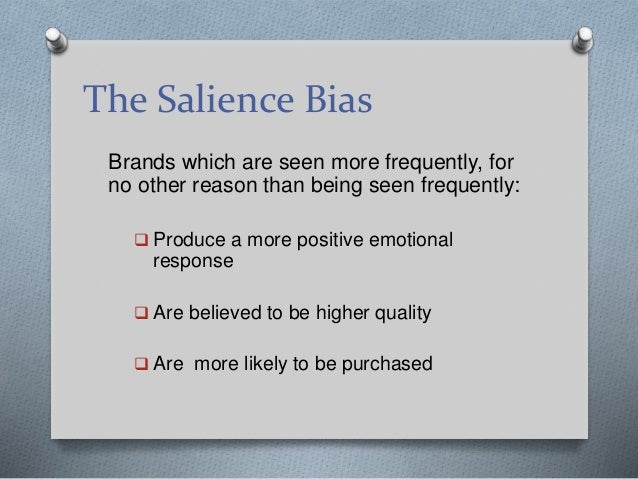In a diocesan bulletin, a spiritual director mentions the many ways people lose their faith and leave their community. Sometimes it is a sudden tragedy, the death of a loved one, a sickness of a devoted believer, economic loss. That's not supposed to happen. You have problems with pastors and religious, the spiritual life is filled with darkness, no consolation so they leave. These are scars that arise from feelings, our emotional life.
Modern times and the young, their loss of faith may have more to do with the head than the heart. Scientific knowledge keeps increasing, the faulty ways in which the Scriptures are understood, the failures, sins, and crimes of believers and especially the leaders of these communities, and the hypocrisy that the media has made known is too much for many to deal with. We shouldn't however, get rid of what is true because there is some falsehood mixed in with it. We discern, keep what is true, and get rid of what is false.
All these problems should help us to deepen our faith. Look deeper into what we thought the Scriptures were saying and find out what they really are meant to convey. The Scriptures are not a history or science book but a book on how to live. If we have accepted misinformation as truth than one has to change the way we look at Scripture. The truth in Science is not denied by Scripture but my understanding of what I thought was the truth may be denied.
The society in which many of us live is secular and it can't help but influence us. The unseen world is hidden, the eyes of the heart are not activated, the meaning many found in life has no place for religion. They prefer to ask what and how rather than why? God is no longer meaningful in their lives.
The faith life that a Christian tries to live, the spiritual joy, vitality, darkness, emptiness, doubts, and conflicts in community and the fellowship are all part of a process trying to identify with Jesus. We are imperfect human beings on a journey with other imperfect human beings trying to better ourselves by identifying with Jesus in our thoughts and actions. A believer has trust in God's grace that enables one to overcome the difficulties that will arise if we don't put up barriers and harden our hearts. He is the Way the Truth and Life.
Life is full of mystery and the atheist as well as the believer can't deny what is seen. There is too much beauty, too much that is noble, good, pure, too much that we love and honor, virtuous, and worthy of praise to be attributed to chance. At least the doubt, at times, has to arise for the unbeliever.
In our process towards Jesus we grow in wisdom, and discover the meaning of love. When we encounter persons, situations that offend or confound we don't avoid the situation but try to understand. What is God saying to me here and now? It is an opportunity to get closer to God. Spiritual life is the process and tool in growing in love; we are not blinded by what is before us but use it to grow spiritually.




